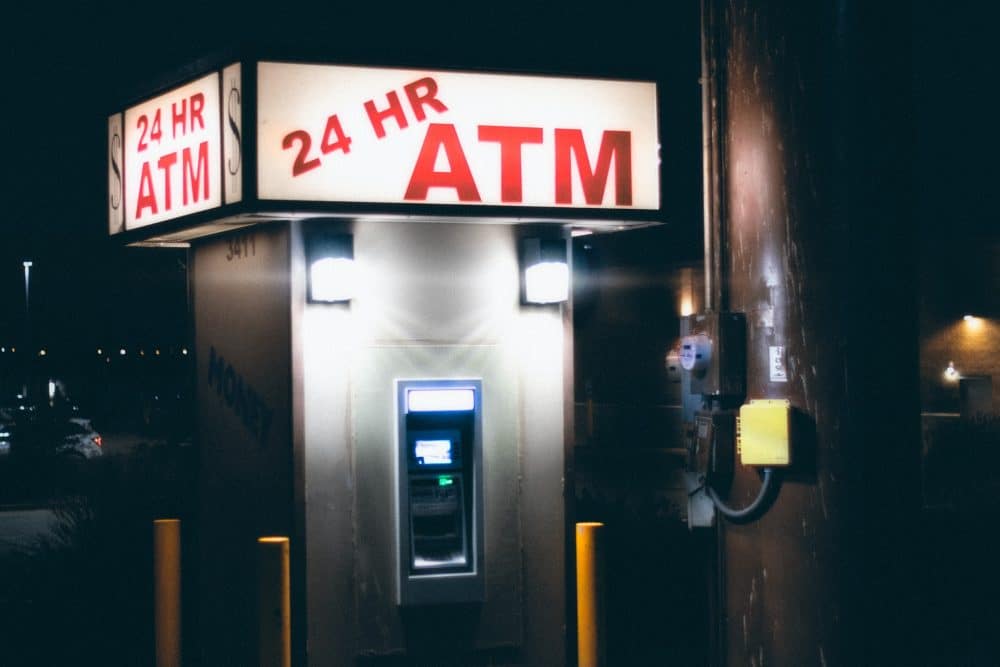
Should I Go Back to Using a Checkbook?
A book that I’m reading makes a pretty solid argument for a return to the days of using checkbooks. I haven’t written checks in well over a decade. Would it make any sense to go back to using a checkbook?
The Inspiration for The Idea
I’ve been reading “7 Days of Simplicity: A Season of Living Lightly” by Jen Hatmaker. It’s a book about simplifying your life in a variety of ways. In the chapter on simplifying your spending, Hatmaker makes a good point. She notes that back when you had to write a check and then calculate your remaining checking account balance, you had a better overall sense of what was going on with your money.
Pros and Cons of Using a Checkbook
I think it’s a smart point. If you have to take the time to write a check every time that you want to make a purchase, it offers the following benefits:
- You have time to think about whether or not you really want to buy the item. After all, it takes only seconds to click a link on Amazon and have an item delivered to your door. You can do it without thinking. Taking a pause to write a check for an item gives you time to decide if you really need it. Therefore, it could reduce impulse purchases.
- You have to have the money in your checking account at the time that you write the check. Therefore, you can’t spend beyond your means. At least not without serious consequences for bouncing that check. Obviously that’s not the same when you just put a purchase on your credit card.
- Balancing your checkbook makes you aware of your money. As you record each expense, you become more aware of where your money is going. And if you balance your checkbook after each check, which I was actually always really good at doing, then you always know how much money you have in your checking account. With the way money moves around from my various accounts on autopay, etc., the truth is that I don’t always know what I have.
On the other hand, checks are inconvenient. Not every place takes them. It’s challenging when you have inconsistent income to make sure that you have the amount you need at the time that the check clears. And you risk making a big mess of your finances by taking bills off of autopay and trying to pay them on time each month, potentially incurring fees.
Taking the Lesson Without Returning to a Checkbook
For me personally, the drawbacks outweigh the benefits. Therefore, I don’t plan to start using a checkbook again. I like technology. I like automated payment transactions. However, I think I can take some of the lessons from this idea and apply them without actually starting to use a checkbook again. Here’s how:
- Implementing a pause before purchases. Avoiding impulse and instant gratification buys would definitely be good for my budget. This could be as simple as never saving my credit card info on my computer, forcing me to enter it each time I want to make a purchase.
- “Balancing my checkbook” more often. I check my finances monthly to make sure that everything looks okay across all of my accounts. But what if I did that weekly instead of monthly? I’d have much more awareness of where my money was going and how much I had at any given time.
- Living within my means. If I acted like each purchase was going to come out of my checking account, instead of going onto a credit card, then I’d certainly end up in less debt.
When was the last time you wrote a physical check for payment for something?



